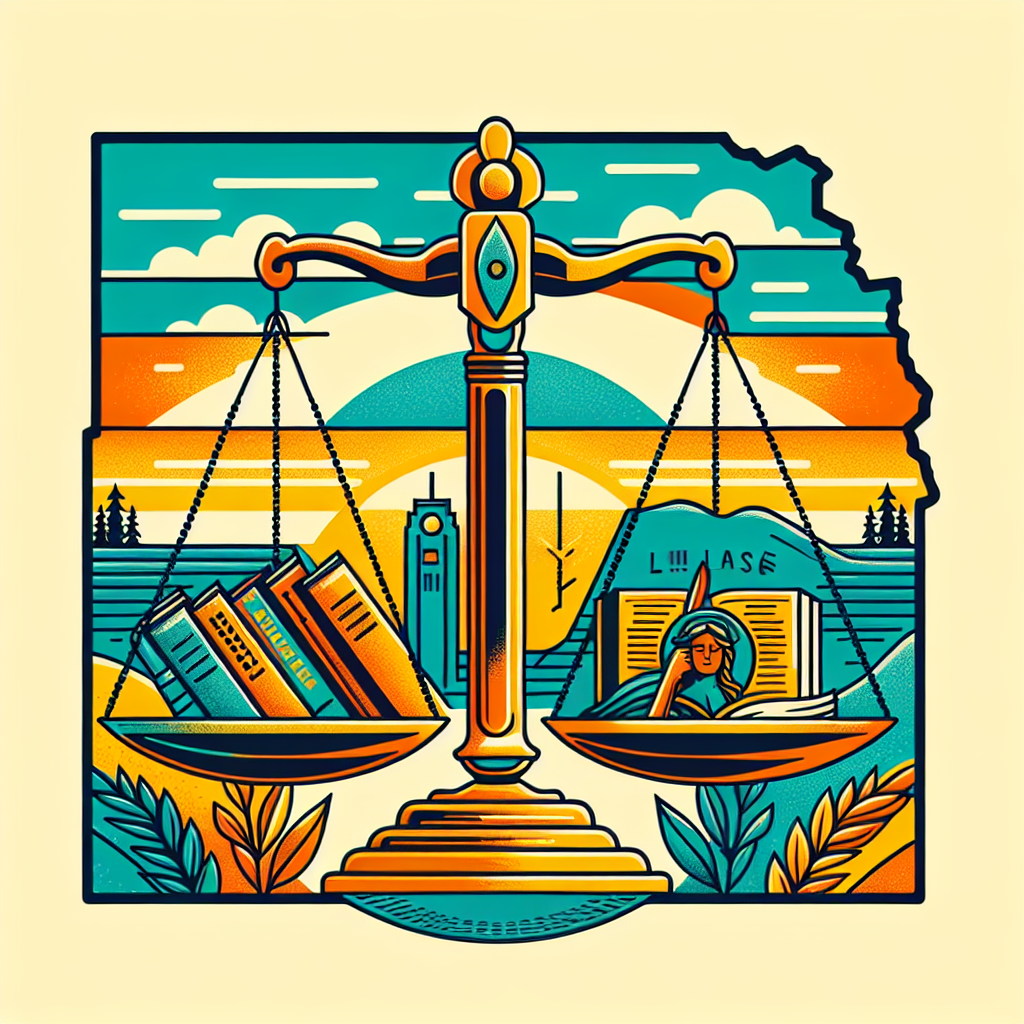North Dakota Divorce Mediation Laws
Maximizing Mediation: North Dakota’s Divorce Regulations
Overview of North Dakota Divorce Mediation Regulations
In North Dakota, divorce mediation is a form of alternative dispute resolution that allows couples to work through their divorce issues with the help of a neutral third party, known as a mediator. This process is governed by specific regulations outlined in North Dakota Century Code Title 14, Chapter 09.1.
Understanding the Role of Mediators in Divorce Cases
The role of a mediator in a divorce case is to facilitate communication and negotiation between the two parties. Unlike a judge, a mediator does not make decisions for the couple, but rather helps them reach a mutually acceptable agreement on issues such as child custody, child support, spousal support, and property division.
Benefits of Choosing Mediation over Traditional Divorce Proceedings
There are several benefits to choosing mediation over traditional divorce proceedings in North Dakota. These include:
- Cost-effectiveness: Mediation is often less expensive than going to court.
- Control over the outcome: By working together with a mediator, couples have more control over the final agreement, rather than having a decision imposed on them by a judge.
- Less adversarial: Mediation is a collaborative process, which can help reduce conflict and improve communication between the parties.
- Confidentiality: Mediation is a private process, unlike court proceedings which are a matter of public record.
- Quicker resolution: Mediation can often resolve divorce issues more quickly than going to court, which can be beneficial for both parties.
Eligibility Criteria for Divorce Mediation in North Dakota
In order to be eligible for divorce mediation in North Dakota, both parties must agree to participate in the process voluntarily. Additionally, at least one of the spouses must be a resident of North Dakota for at least six months prior to filing for divorce.
Steps Involved in the Divorce Mediation Process
The divorce mediation process typically involves the following steps:
- Initial consultation: The first step is an initial consultation with a mediator to discuss the process and determine if it is the right option for the couple.
- Information gathering: Each party will provide the mediator with information and documentation related to their assets, debts, and other important factors.
- Identifying issues: The mediator will help the couple identify the issues that need to be addressed in their divorce agreement.
- Negotiation: The parties will work with the mediator to negotiate and come to an agreement on each issue.
- Creating the agreement: Once an agreement is reached, the mediator will help create a written agreement that outlines the terms of the divorce.
- Finalization: The agreement will be submitted to the court for final approval, and once approved, it becomes a legally binding document.
Importance of Confidentiality in Mediation
Confidentiality is a crucial aspect of the mediation process. All communications, discussions, and documents involved in mediation are strictly confidential and cannot be used as evidence in court. This allows both parties to be more open and honest in their discussions without fear of their words being used against them.
Factors Considered in Creating a Divorce Mediation Agreement
When creating a divorce mediation agreement in North Dakota, the mediator will consider a variety of factors, including:
- The best interests of any children involved
- The financial situation of both parties
- The length of the marriage
- The standard of living during the marriage
- Each party’s contribution to the marriage, both financial and non-financial
- The physical and emotional health of both parties
Enforcing Mediated Divorce Agreements in North Dakota
Once a divorce agreement has been reached through mediation and approved by the court, it becomes a legally binding document. If either party fails to comply with the terms of the agreement, the other party can file a motion to enforce the agreement with the court.
Resources for Finding Qualified Divorce Mediators in North Dakota
If you are considering divorce mediation in North Dakota, it is important to find a qualified and experienced mediator to guide you through the process. Some resources for finding mediators in North Dakota include:
- The North Dakota Supreme Court’s list of registered family mediators
- Referrals from family law attorneys
- Recommendations from friends or family who have used mediation services
Frequently Asked Questions About Divorce Mediation in North Dakota
Q: How long does the mediation process take?
A: The length of the mediation process can vary depending on the complexity of the issues involved and the willingness of both parties to work towards an agreement. On average, it can take anywhere from a few weeks to several months.
Q: Is mediation a legally binding process?
A: While mediation is not a legally binding process, once an agreement is reached and approved by the court, it becomes a legally binding document.
Q: Can I still hire an attorney if I choose mediation?
A: Yes, it is recommended to have an attorney review the final agreement before it is submitted to the court for approval.
In conclusion, divorce mediation is a viable option for couples seeking a more amicable and efficient resolution to their divorce. By understanding the laws and regulations surrounding divorce mediation in North Dakota, as well as the role of mediators and the benefits of this process, individuals can make informed decisions about their divorce proceedings. It is important to carefully consider all options and seek the guidance of a qualified mediator before moving forward with any divorce case.




